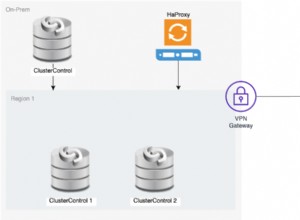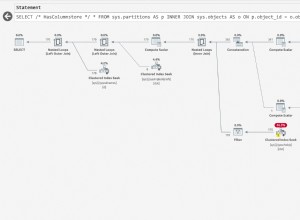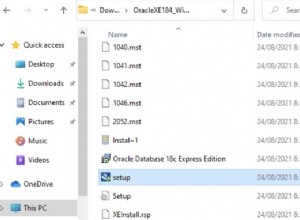Você pode lidar com isso no modelo de domínio tornando o relacionamento bidirecional e escrevendo um método recursivo para percorrer a árvore. Uma vantagem disso é que ele lidará com crianças em qualquer nível.
Isso seria algo como o abaixo e, em seguida, para qualquer instância, você pode fazer:
SomeEntity e = //;
e.getChildren(); //only direct children
e.getAllChildren(); //all children
Entidade:
@Entity
@Table(name = "some_entity")
public final class SomeEntity {
@Column(nullable = false, unique = true, length = 20)
private String externalId;
@Column(nullable = false, length = 50)
private String name;
@ManyToOne(fetch = FetchType.EAGER)
@JoinColumn(name = "parentId", nullable = true)
private SomeEntity parent;
@OneToMany(mappedBy = "parent")
private List<SomeEntity> children; //or Set<>
//returns direct children
public List<SomeEntity> getChildren(){
return children;
}
//returns all children to any level
public List<SomeEntity> getAllChildren(){
getAllChildren(this);
}
//recursive function to walk the tree
private List<SomeEntity> getAllChildren(SomeEntity parent){
List<SomeEntity> allChidren = new ArrayList<>();
for(SomeEntity child : children){
allChildren.add(child);
allChildren.addAll(getAllChildren(child);
}
return allChildren;
}
}




